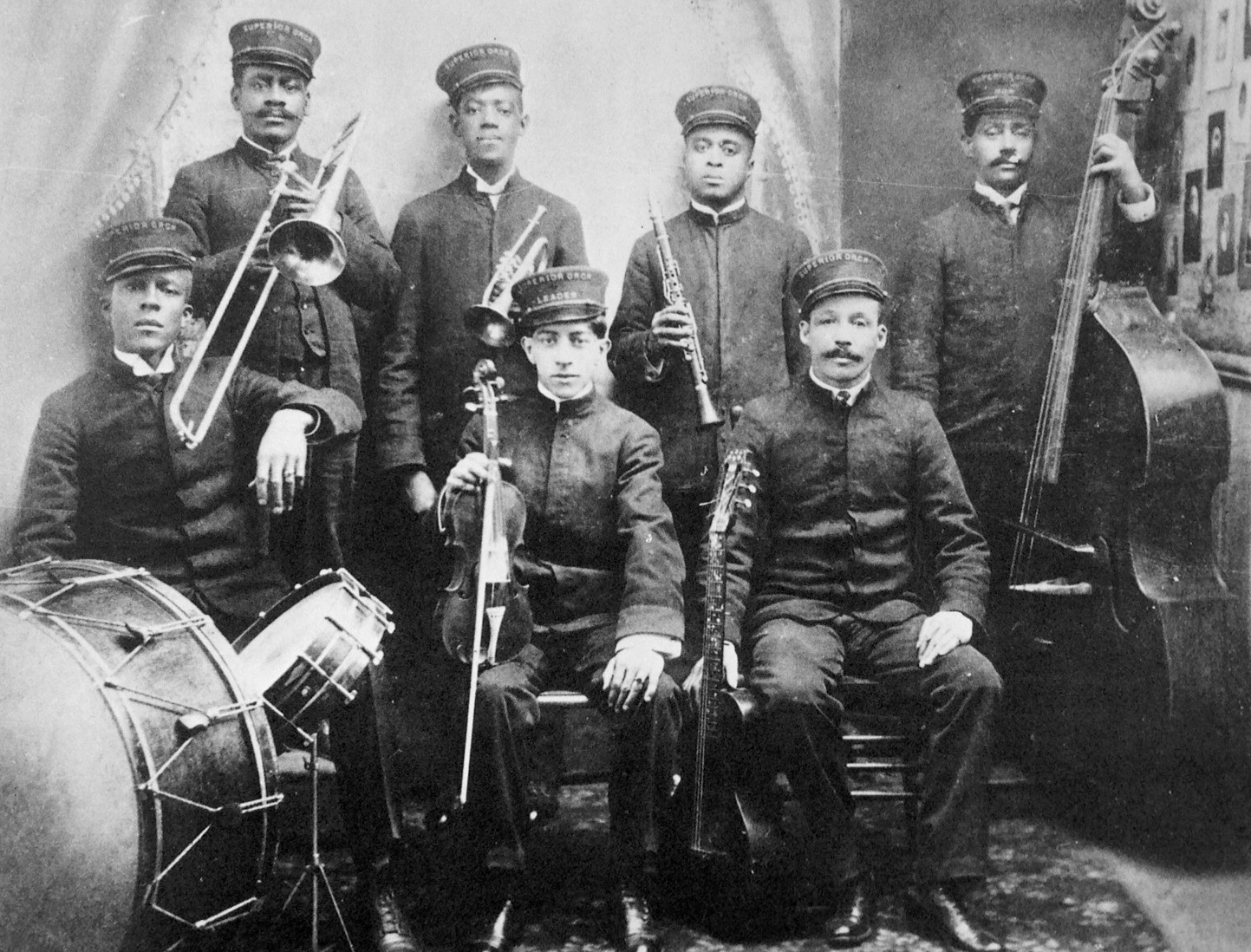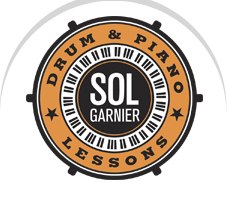I came to America to study the drums. I went to Berklee College of Music, in Boston. I studied my butt off. I was chained to my kit 10 to 15 hours a day. I did what everybody did, which is to learn the vocabulary, the very tools necessary to play in bands and, eventually, play the thing in a decent way. I also invented some exercises that were not assigned, especially the second year I went there, in 1991. I worked on memorization: You learn an album in a day, for example. Or on the groove: You play the same pattern for 30 minutes. Or on flow: You switch rapidly from one style to the other without loosing the metronome. That kind of thing.
In other words, I was looking for the meaning of the drums as well as understanding its cogs. Somehow I succeeded. It made me feel better. I still had the feeling that I wasn’t regarded as seriously as a melodic instrument like the guitar, bass or piano, but, at least, the drum set was taught on this continent in a serious school with great players and great teachers. Oh joy!
Mind you, I was far from that town, the one that sparked this whole blog. That’s a place where drummers are revered and honored like nowhere else I’ve been. The drummers there created music and gave it more than a skeleton: they gave it fire. The heartbeat is essential, it is not only the beginning of it all, it is also what makes us exist, what triggers all we do, think and dream.
In New Orleans (that’s the town), drummers are not felt like inferior musicians. They are not a necessary pedestal to the grand arabesque of the melodic instruments. They are the genitor of it all. No Blues, Rock, Funk, Soul, Reggae, Punk, Jazz without the drums. I mean, yes, of course, you can play those styles without it, but it becomes a ghastly proposition very quick.
In that town, they have a Jazz museum that dedicates a whole floor to drummers. It’s a bit funny at times because they exhibit some old beat up snare that you can find for $20 in a pawn shop as something truly glorious. It is behind a glass, with the mention of which master played it. You see pairs of stick chewed to the bones, cymbals with the varnish all gone, drums sets that anyone can buy in a thrift store. And all of it is presented in the most honorable way. I went there. I was surprised to see people crowding around those artifacts. I thought I would be the only one interested. Well, no. Everyone is interested in the drums, because everyone is touched by it. If you got a nervous system, you resonate with the drums. And it doesn’t matter whether you got rhythm or not. Do you breathe? Well, then you got rhythm, that’s the way it is. For everybody.
Now, even if drummers are understood in New Orleans, it doesn’t mean they are worshipped. They have their rightful place, for sure, but just like the ocean, the soil, the air or the fire, they are there for a purpose, to be helping the very fabric of life, to start it all and to finish it all.
This has been a long blog. I don’t know if I made myself clear, really, as it is very difficult for me to describe what the drums mean. But this was an attempt. I hope you enjoyed it.

